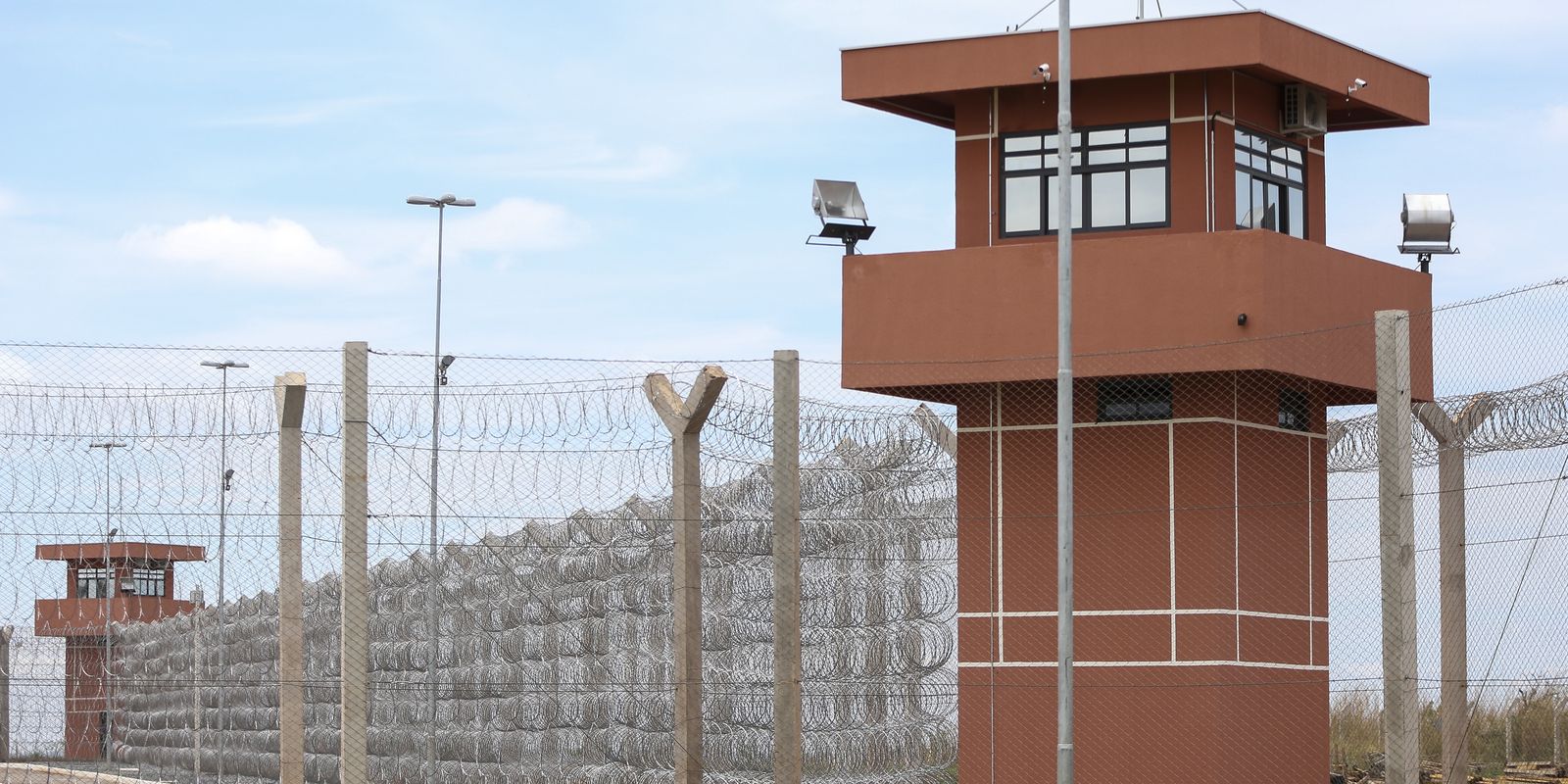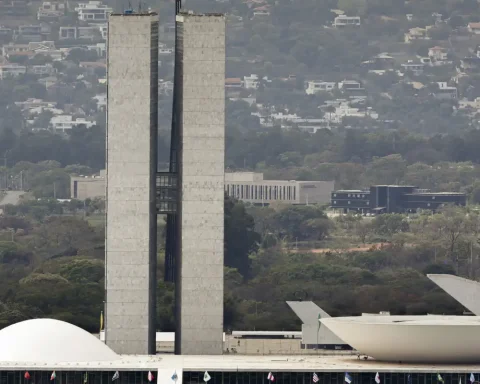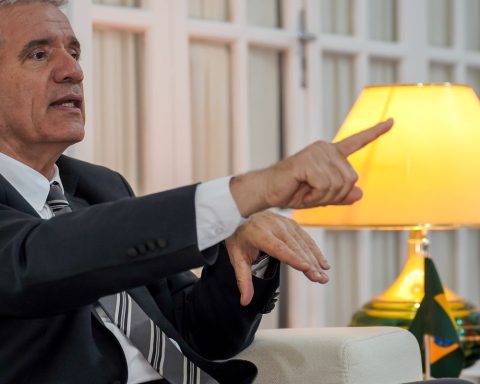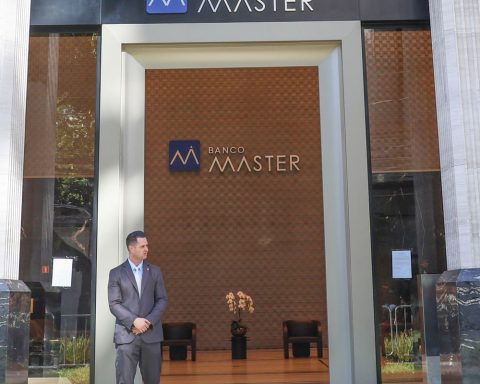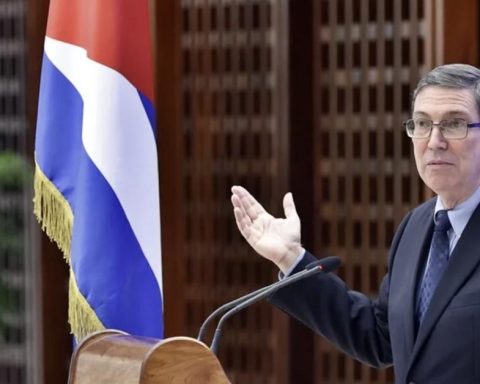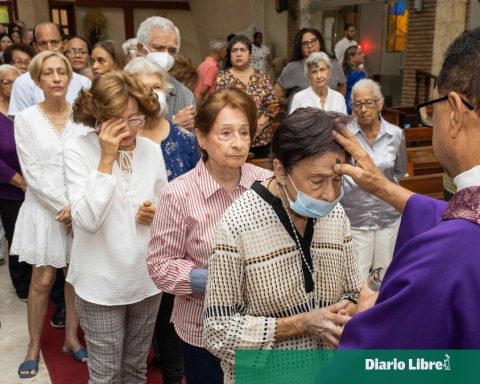The recent change in legislation regarding the right to temporary releases for prisoners in semi-open regimes, the so-called “saidinhas”, has received attention from governments as a fundamental issue for public safety. This attention comes in the wake of the reform of the Penal Enforcement Law, promoted with the rapid discussion of Bill 14.843/2024, done in a “demagogic, electoralist way and representing a major setback”, according to Benedito Mariano, sociologist and former ombudsman for the São Paulo Police.
Approved in the first half of the year, the change in legislation was challenged in the Judiciary and is awaiting judgment in the Federal Supreme Court (STF), in relation to the prohibition of the benefit for purposes other than studying.
In addition to the ban on temporary releases, the bill changed the way sentences are progressed, which is the most problematic point, according to Mariano. “This is absurd, since we have not had this test in practice for the last 20 years, and there is a potential for creating chaos in the system. It is a measure that does nothing to help public safety or the prison system, and tends to create difficulties for the federal government, as it could create tension in the system, which is already overcrowded and needs other measures,” comments the sociologist.
In an interview with Brazil Agency, Mariano explained that a complex situation is emerging, which will require a lot from the authorities in December, since the system is overcrowded and suffers from a shortage of qualified professionals to carry out the criminological exams that are now necessary for progression. The expert also criticized the position of the parties in power, which did not try to block this issue either in the votes or in the proposal of vetoes by the Executive.
For Benedito Mariano, citizens gain nothing from this type of legislation and from the publicizing of arrests during the “sadinhas”, which do not inform about the social function of the law. The rules provided for, which were four decades old, already established many criteria. “The idea was spread that the “sadinha” is for all prisoners, which is not true. It did not interfere and does not interfere in any way with public safety. We have more than 46 thousand violent deaths per year in Brazil and this law does not influence anything, it only raises a technical issue for common sense”, he added. By downgrading the dialogue, an essential point of the Penal Enforcement Law is lost, explained the sociologist, which is that the person can serve his sentence and return to society rehabilitated. The scholar fears that this could be the trigger for instability in prisons as early as December.
The benefit is provided for in the Penal Enforcement Law and has four scheduled dates during the year in the state, in the months of March, June, September and December. The topic was intensely debated at the beginning of the year, with pressure from opposition parties, mainly the Liberal Party (PL) against the right.
Approved by both chambers, the decision, part of Law 14.843/2024, was vetoed by President Lula. The Senate overturned the veto on May 28, following the vote of the Chamber of Deputies. Today, the benefit is guaranteed to those who were entitled to it before the change in the law, which is being questioned in three direct actions of Unconstitutionality in the Supreme Federal Court, where it awaits judgment.
Since last Friday (20), the São Paulo press has received continuous and positive information from inmates who benefit from temporary “releases” who were arrested in the state, in situations contrary to those provided for in the granting of the benefit, which has been surrounded by controversy since May, when it was prohibited after a presidential veto was overturned. Data from the State Secretariat of Public Security (SSP/SP) shows 769 inmates arrested since Tuesday (17), the first day of the beneficiaries’ release. Apparently high, the number is small when compared to the total number of inmates in the semi-open regime authorized by the Judiciary to be released, of 31,373 people. The arrests on the first authorized date in 2024, at the end of March, were questioned by the state’s Public Defender’s Office, which pointed out racial bias and no flagrant or court order for the detention.
According to the department, arrests are made after careful assessment, since “a cooperation agreement between the Public Security Department and the Court of Justice of São Paulo allows police officers to have access to information on the prisoners who benefit from the measure. In this way, it is possible to verify, during the approach, whether the rules for temporary release determined by the Court are being followed, without the need to take the prisoner to a police station to prepare a police report. The Judiciary establishes that the prisoner who benefits from the measure must remain in the city declared to the Court. He is also prohibited from leaving his residence at night, going to bars, nightclubs, places where drugs are used, getting involved in fights, carrying a weapon or committing any other act considered serious by the Judiciary.”
